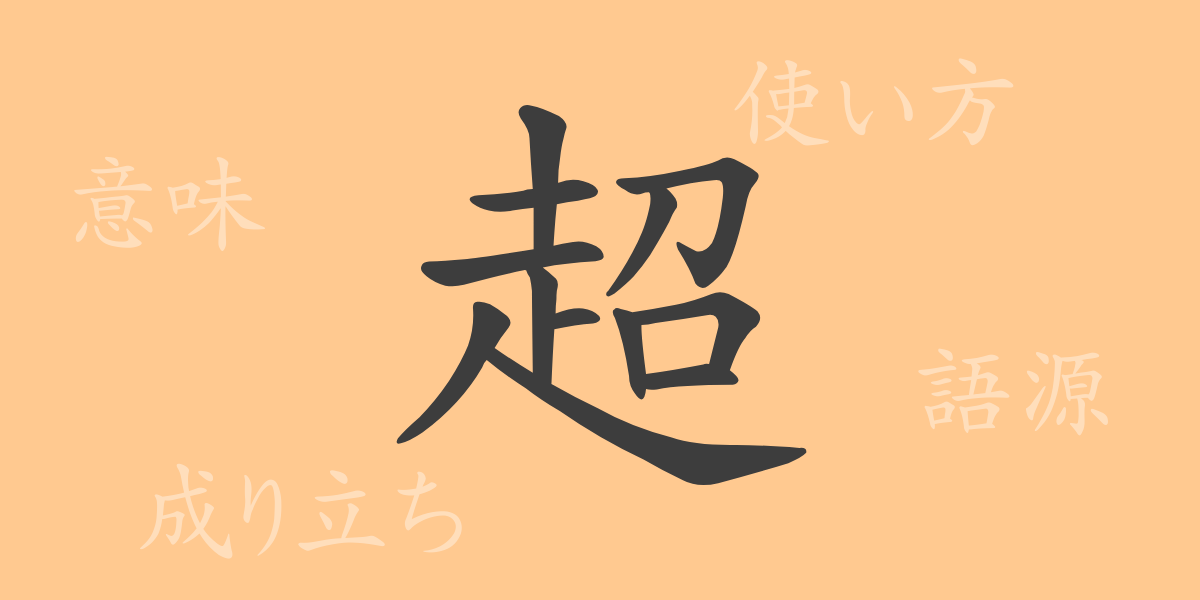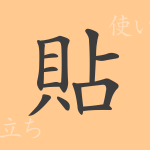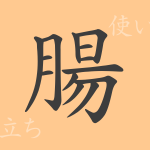The richness of the Japanese language is also reflected in its unique writing system. Kanji, known for its complexity and deep meanings, holds the key to deepening understanding of Japanese culture. This article focuses on the common Kanji ‘超(チョウ)’, exploring its origins to its modern applications.
Origins of ‘超(チョウ)’
The Kanji ‘超’ originates from ancient China, composed of ‘走'(run) and ‘牛'(cow), initially signifying ‘overtaking a cow’, which evolved into the abstract concept of ‘to exceed’. This dynamic image strongly influences its contemporary usage.
Meaning and Usage of ‘超(チョウ)’
‘超’ primarily means ‘to exceed’ or ‘to surpass’, indicating going beyond limits or standards and is also used metaphorically. For example, ‘超常現象(ちょうじょうげんしょう)’ refers to phenomena beyond normal experiences, and ‘超満員(ちょうまんいん)’ describes a state far beyond full capacity. This Kanji remains a vital character extensively used in modern Japanese.
Readings, Stroke Count, and Radical of ‘超(チョウ)’
The Kanji ‘超’ exemplifies the characteristics of the Japanese writing system in its readings and structure.
- Readings: On’yomi ‘チョウ’, Kun’yomi ‘こ(える)’, ‘こ(す)’
- Stroke Count: 12
- Radical: ‘走’ (はしるべん)
Phrases and Proverbs Using ‘超(チョウ)’
Idioms and phrases involving ‘超’ are widely used due to its potent meaning. For instance, ‘超一流(ちょういちりゅう)’ signifies the highest standard, and ‘超特急(ちょうとっきゅう)’ denotes extremely high speed. A proverb like ‘超然として事に臨む’ illustrates maintaining composure in any situation. These expressions demonstrate the richness of Japanese expression.
Conclusion on ‘超(チョウ)’
The Kanji ‘超’ is indispensable in Japanese, due to its versatility and profound meaning. With a history stretching back to ancient China and still vibrant in various forms in our language today, it exemplifies the strength and richness of expression in Japanese, offering us a renewed appreciation for the power of a single character.

























